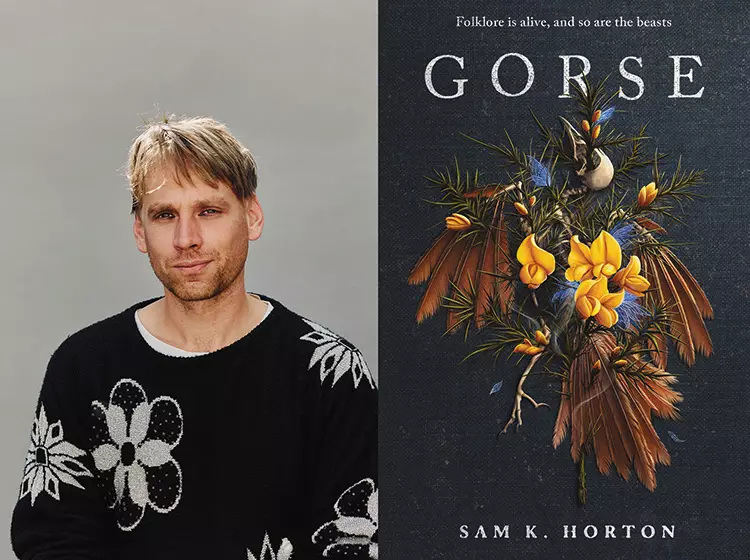The human fascination with other realms—haunted fairylands, places of the dead, and realms that lie beyond our current existence—has endured through ages. Represented vividly in folklore, these mystical destinations often serve as mirrors of our deeper fears and desires. As we navigate various cultural narratives, the pathways to these otherworlds reveal nuanced reflections on the nature of life, faith, and the human condition. This article delves into distinct methods of traversing these boundaries, examining the consequences that await those bold enough to embark on such ventures.
One of the more poignant tales is that of Sir Orfeo, who epitomizes the burden of a prolonged quest. His tale, a medieval rendition of the legendary Orpheus story, begins with a deep disruption—the abduction of his beloved wife during a fitful slumber. Sir Orfeo takes to the forests, wandering aimlessly for years in pursuit of reclaiming his queen. While his method of entering a supernatural realm earns him credit for persistence, the toll it takes is staggering. By the time he emerges from the otherworld, he is practically unrecognizable to his subjects, hinting at the irrevocable changes that prolonged separation brings to both the individual and their community. Despite the simplicity of his entry, the consequences—loss of recognition and possible alienation—serve as a stark reminder that such exploration often demands more than expected.
In contrast, the legendary hero Odysseus boasts a more methodical, albeit peculiar, approach to plunging into the realm of the dead. With guidance from the enchantress Circe, he employs a complicated ritual involving offerings and sacrifices to entice the spirits of the deceased. Interestingly, Odysseus does not venture into the underworld directly; instead, the dead come to him, allowing for a relatively lower risk involvement. This magical recipe, however, suggests an underlying lesson: sometimes, mere curiosity demands sacrifice—whether it be of life or innocence—illustrating that shortcuts in the pursuit of knowledge can lead to unexpected tribulations.
Moving into the darker realms of Finnish and Estonian folklore, the land of Tuonela offers a more sobering reflection on mortality. This enigmatic location is shrouded by a deep, shadowy river that proves a treacherous barrier for both the living and the dead. The embodied strain of crossing over is depicted through haunting imagery—failing attempts often resulting in grotesque fates. Strikingly enough, the presence of a sorrowful black swan symbolizes the delicate balance of life and death, with its melancholic song compelling many to despair before they even begin. This narrative resonates deeply; the journey across this metaphorical threshold is laden with peril, forcing a choice between the agonizing longing for what lies beyond and the assurance of a fragile existence.
In Welsh folklore, the otherworld of Annwn presents a differing, yet equally chilling prospect. With access provided by a mere opening in the ground, here the protagonist encounters myriad astonishing creatures, some of which may seem inviting. However, the deceptive allure hides a relentless army of monstrous abominations that the unwitting visitor must confront upon contemplating escape. Thus opens a conversation around what we deem valuable or worth pursuing; is it worth fighting through chaos for companionship or loyalty?
Perhaps the most perilous of these stories occurs within Cornish tales, where merriment and music beckon travelers to abandon caution. Encounters with dancing lights and laughter lure souls into the arms of the Piskies, small folk known for their mischievous behavior. While the prospect of joining these otherworldly revelries appears enchanting, those who partake often find themselves ensnared in a cycle of infinite celebrations, at risk of losing their very essence. The warnings resonate profoundly; accepting invitations from the unknown can lead to dire consequences, echoing the greater narrative regarding the human inclination to embrace temptation without consideration of cost.
Through these vivid narratives, the thread that connects these varied folktales is clear: pursuing the otherworld demands introspection and valor, accompanied by peril and transformation. Each tale provides a cautionary message on the profound consequences of venturing beyond the familiar and the inherent dangers present in seeking the extraordinary. The narratives remind us that while the human spirit is drawn to explore beyond the veil, such explorations may yield unforeseen results that extend well beyond personal transformation, echoing through the fabric of life itself. In embracing these tales, we come away with an understanding that journeys into otherworlds are not just about escape or discovery, but about grappling with the choices that shape our identities and destinies.

